"Israeli media outlets have been recruited into the war effort"
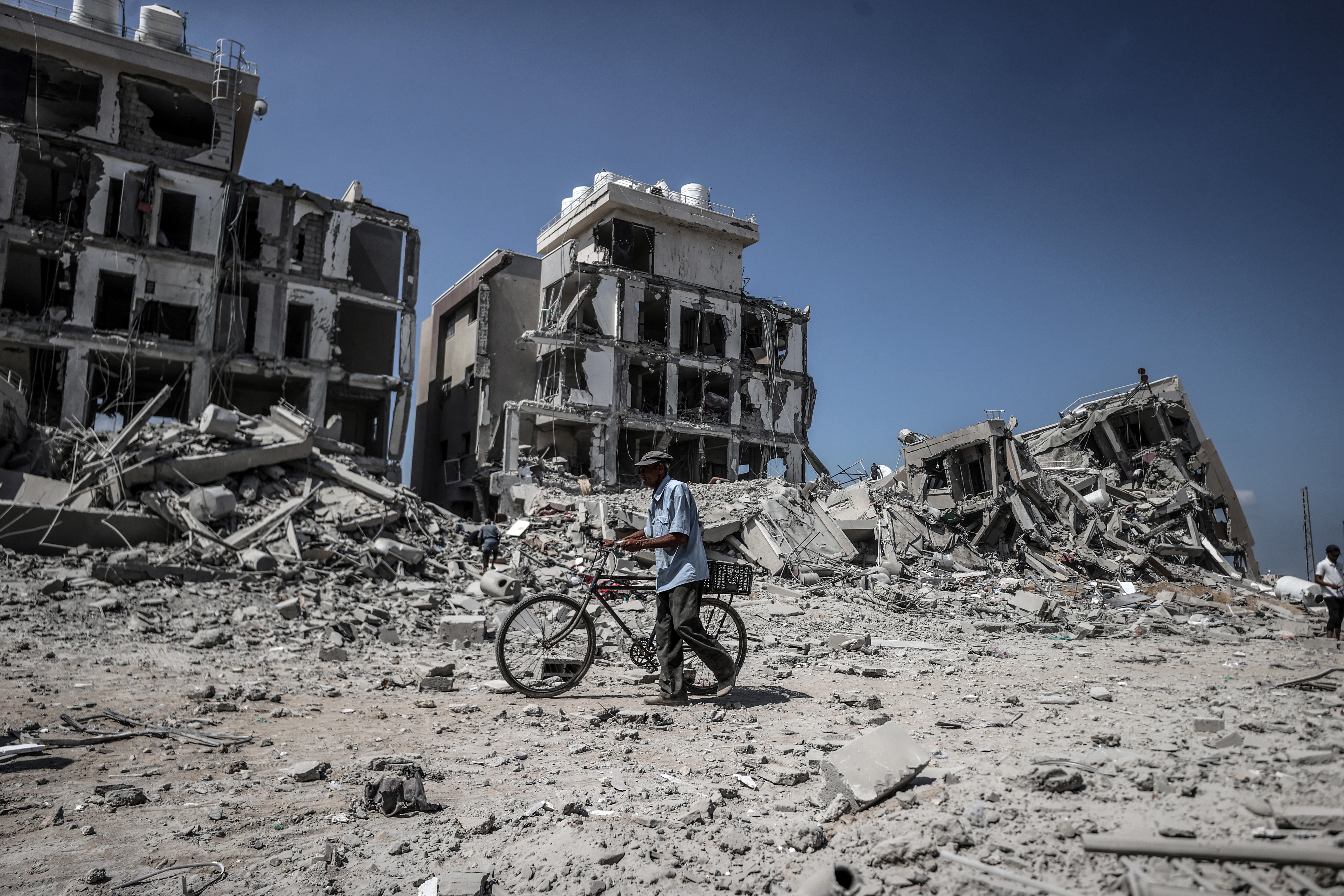
+972 Magazine has published several important investigations into Israel's war on Gaza. Has this increased the visibility of your work on an international level? How do you currently understand your role as a magazine?
Since the 7 October attack and the following war on Gaza, we have received far more attention than before, whether for our investigations or our reporting from Gaza, Israel and the West Bank. +972 is a bi-national project. We are a group of Palestinian and Israeli journalists. We platform voices from the ground – activists, journalists, and academics who are united in their fight against occupation and apartheid.
What sets +972 Magazine apart from other outlets reporting on Israel-Palestine?
There are three main pillars of our coverage since 7 October. The first is reporting from the ground in Gaza. We don’t just sit in an office in London, Jerusalem or Tel Aviv, we get our reports straight from Palestinian reporters in Gaza. Some of them have left Gaza by now, but they're still reporting as Gazans. It is important to us that the agency remains with Palestinians.
The second pillar is our investigations. Oren Ziv recently did an amazing job in his report on Israeli soldiers who left Gaza. That report made a lot of noise. So did Yuval Abraham’s investigation into the Israeli military’s use of artificial intelligence in the war on Gaza.
The third pillar is our coverage from inside Israel and the West Bank. We publish Jewish-Israeli voices against the war, voices from bereaved families of hostages, and Palestinian voices.
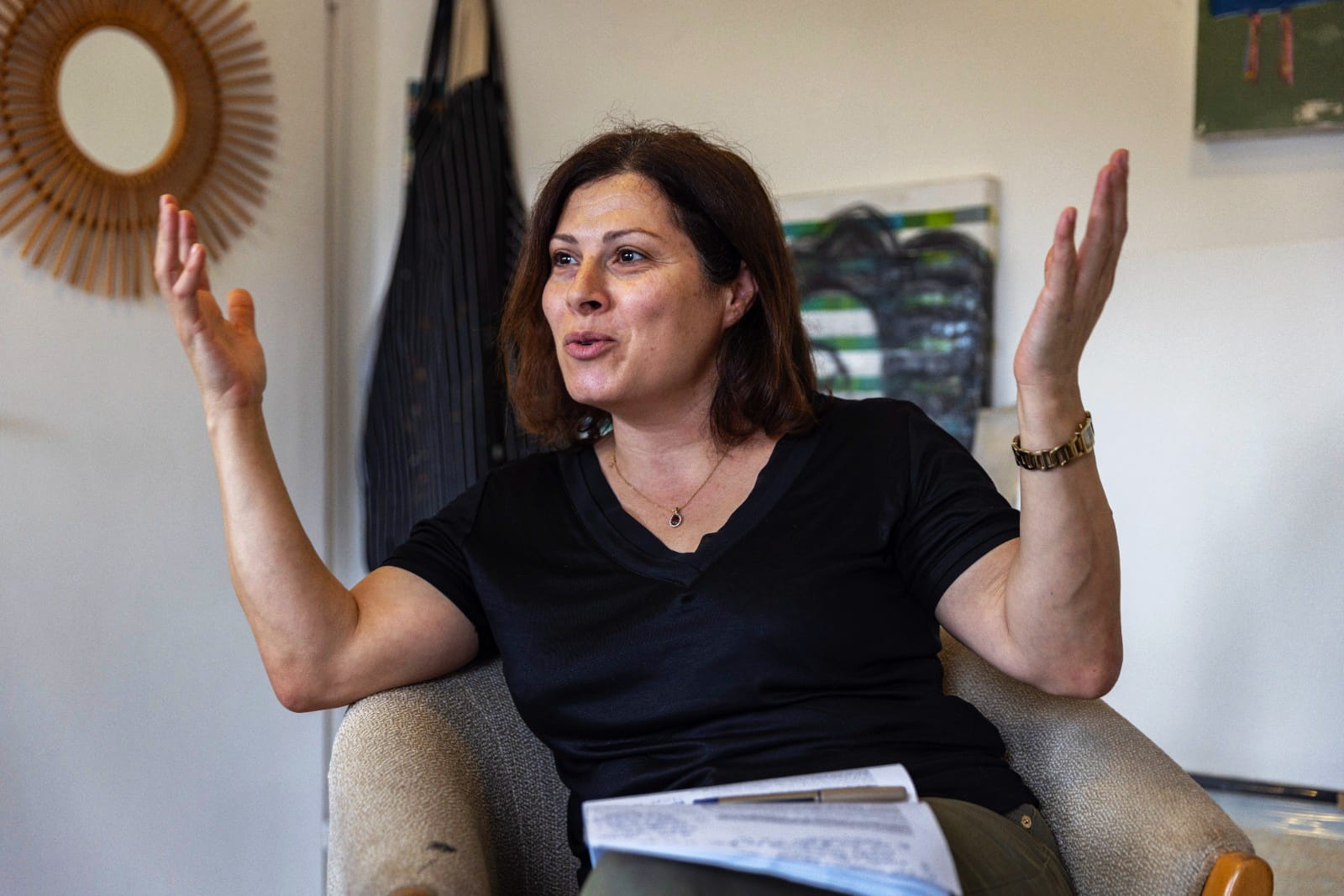
The investigations you mentioned rely significantly on sources within the Israeli military. How do you ensure the credibility of these sources?
First of all, we trust our reporters. Yuval, for example, has been a member of the +972 team for many years now. We know that his sources are trustworthy. For almost every sentence you read in the magazine, we have at least two or three sources confirming this information. When there’s any sense of doubt, we triple-check the information. Also, don’t forget that all these reports have passed military censorship in Israel. We oppose censorship, of course. But we have no choice but to submit our reports.
So, Israel’s military censorship does have a direct impact on your work?
Yes, if articles relate to topics such as the military, they have agency to delete parts of your article and then inform you about these deletions.
A few months ago, Yuval Abraham published a report on +972 in collaboration with The Guardian and the Hebrew-language outlet Local Call on Israel’s attempts to influence the former ICC head prosecutor Fatou Bensouda. I assume the censor has no control over what +972 quotes from a foreign outlet like The Guardian?
Whatever you read on +972 on the ICC investigation has passed military censorship.
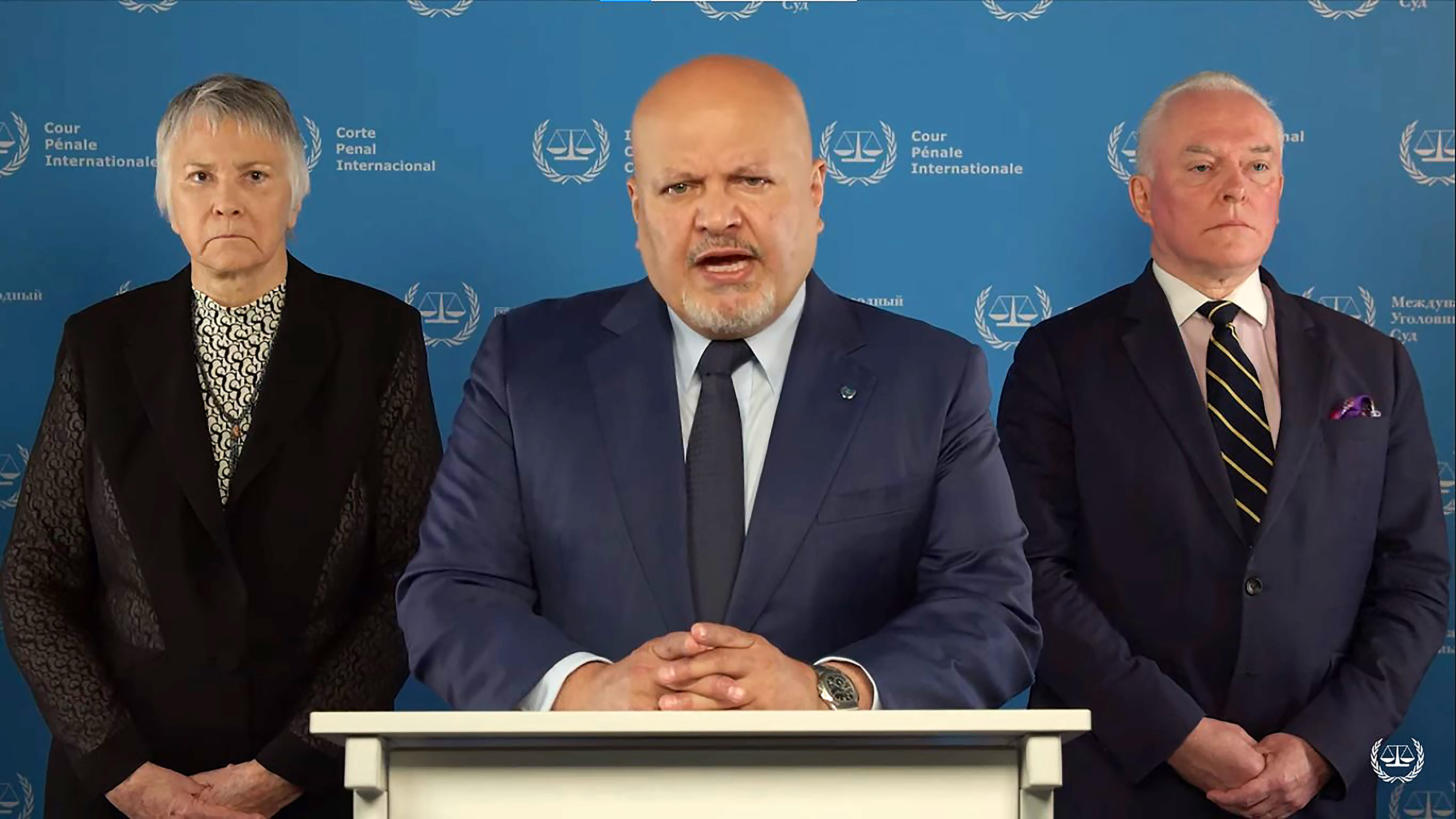
Haaretz columnist Gideon Levy recently told me in an interview that the biggest issue in the Israeli media is not military censorship but self-censorship. Would you agree?
I would have agreed up until 7 October. There are courageous journalists in Israeli media, which works well on almost every topic apart from the Palestinian issue. On this topic, they don't even try. After 7 October, I think it became no longer just a matter of self-censorship. The vast majority of Israeli media outlets have been recruited into the war effort – they are part of the war against Palestinians. Most journalists here are way past the stage of self-censorship.
Where do you think the willingness of Israeli journalists to participate in the war effort, to be ‘recruited’ as you call it, stems from?
The dehumanisation of Palestinians. That process started a long time ago. It reached its peak after 7 October. Once you stop seeing Palestinians as humans, anything and everything is legitimate. After October 7, even Haaretz was nearly united in this mindset of "punish them all". This might be changing now because more journalists understand that the only way forward is a political process, that the war must stop now, and that its declared goals can’t be achieved. Israel has destroyed Gaza entirely, destroyed every aspect of life in Gaza, and killed more than 40,000 Palestinians, but it has not destroyed Hamas or the ideology of Hamas.
Did Israeli society shift to the right?
Definitely. Within the right there are certainly differences on how to control Palestinians – but they all want to continue controlling, occupying, and encouraging more and more Palestinians to leave. Some speak explicitly about forced transfer. None of this is new. It has simply become more present following October 7.
To what extent do people in Israel engage with the magazine’s work?
There haven’t been too many reactions from inside Israel. Take Yuval Abraham’s AI investigation: this report made huge waves in the West. Israeli media hardly even mentioned it.
But your overall audience grew?
Our audience increased by about 10 to 12 times since October. In Israel, with the radicalisation of Israeli society, we may have lost some readers. The same goes for the Palestinian side, too.
Why did you lose Palestinian readers?
Many Palestinian activists, especially in the diaspora, argue that there's no space for Jewish-Israeli and Palestinian collaboration during a genocide against our people. Some even argue we are whitewashing the occupation. For instance, every time we have articles about refuseniks – young Israelis who refuse their military service – we get lots of love and appreciation, but also angry reactions claiming that we whitewash Israeli society as if these articles suggest that the majority in Israel opposes war and genocide. That is certainly not what we are claiming.
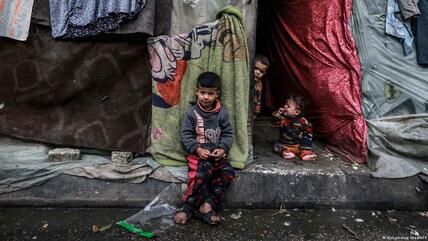
When children are seen as the enemy
A racist view of Palestinian children contributes to an acceptance of the fact that they are dying in their thousands in Gaza
As editor-in-chief of +972, how do you navigate being caught between ideological frontlines?
I wouldn't wish it on my worst enemies. I am trying to make sure that the main principles of our journalism are retained: balance, accuracy, fact-checking, and contextualisation. Everybody can get their stories from Gaza by watching TikTok videos. The key thing we provide is context.
Many Western media outlets have been criticised in the past year for aligning too much with Israeli state narratives in their reporting. How do you approach the question of objectivity at +972?
We don't claim to be objective. I honestly think that this idea has mostly disappeared from the world of journalism today, at least the one I believe in. I am also not here to give a platform only to those who believe in the two-state solution, or the one-state solution, or popular resistance. We are a platform for journalists united in a belief that this regime of apartheid and occupation must end.
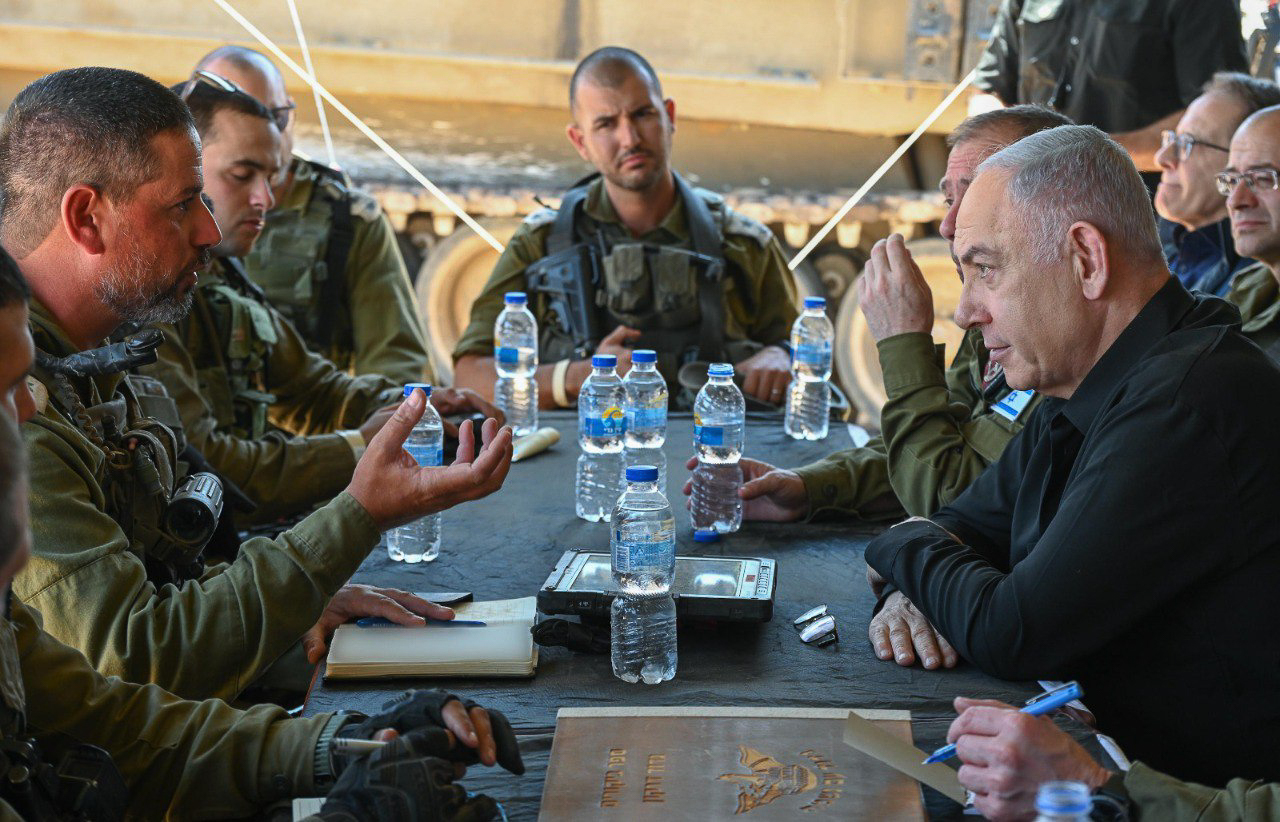
What do you mean when you say that objectivity has disappeared from journalism?
I just think today there is a greater awareness that we all come with our own baggage: values, principles and experiences. This affects your writing and your reporting. Fact-checking, accuracy, and asking the right questions – these, to me, are the key principles of journalism.
Questions around the use of terms such as “genocide” to describe what happens in Gaza are being discussed in newsrooms and among journalists worldwide. How do you approach such questions at +972?
Some of our writers call the war on Gaza a genocide. Others call it the worst war crime of the 21st century. We use multiple words.
How would you describe the transformation of +972 since it began?
It transformed from being a predominantly Jewish-Israeli left-wing blog to hosting many more Palestinian voices. Today we have months in which 60% of our articles are written by Palestinians. The biggest challenge for us today is to define our role. We were overtaken by the violence we are witnessing here on a daily basis. These days, what we are seeing is that Palestinians – whether they are Fatah, Hamas, or otherwise – are being excluded from the discussion of solutions. That’s why we need to hear more voices from the ground. We don't just want a political solution. What we need is a process of reconciliation. The magazine can be a model and a platform for this.
Ghousoon Bisharat is the editor-in-chief of +972 Magazine. She has over 25 years of experience in journalism, communications, international cooperation, and advocacy. Her previous roles include working as a news producer for ABC News, Sky News, and Al Jazeera English between 1999 and 2008.
© Qantara.de 2024
